Neliels stāsts, kas balstīts uz patiesiem notikumiem par kādu korejieti, kas izbēga no Ziemeļkorejas koncentrācijas nometnes nr. 14 (Manis nesen izlasītā grāmata "Escape from camp nr. 14" kuru vēlos rekomendēt visiem izlasīt un novērtēt, cik brīvi mēs dzīvojam Latvijā. Novērtē brīvību!
Bēgšana no Ziemeļkorejas koncentrācijas nometnes nr. 1414
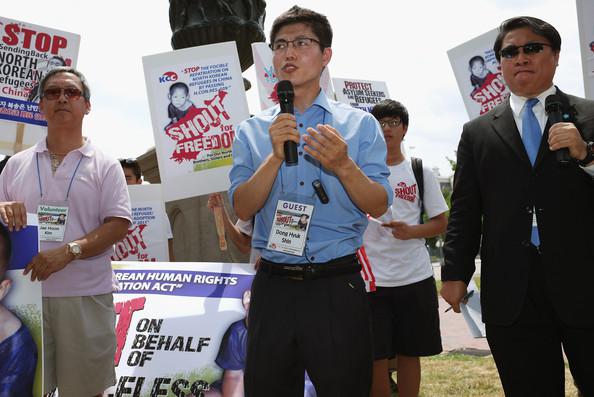
Viņa vārds ir Šins un viņš piedzima Ziemeļkorejas koncentrācijas nometnē nr. 14. Šins nokļuva koncentrācijas nometnē pateicoties saviem vecākiem, kas nodeva savu valsti, vēršoties pret to, protestējot pret Ziemeļkorejas režīmu. Ziemeļkorejas režīms nosaka mūža ieslodzījumu koncentrācijas nometnē tiem, kas ir pret valsts režīmu. Ja tu esi bērns, kuru vecāki ir izdarījuši noziegumu pret valsti, tu arī tiec ieslodzīts darba nometnē. Un nometnes apsargi tev visu laiku atgādinās, ka dēļ vecākiem atrodies šeit. (Tā, protams, ir sava veida naida kurināšana, lai bērni ienīstu savus vecākus)
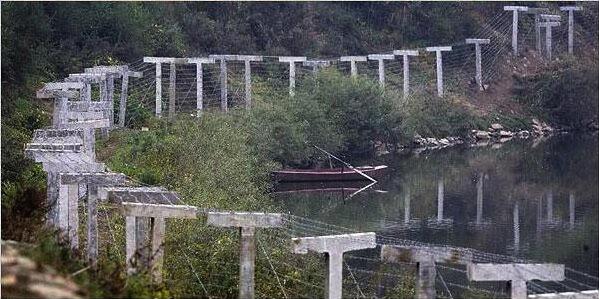
Koncentrācijas nometnē, kur Šins dzīvoja, paredzēta bija tiem ieslodzītajiem, kuri strādās Ziemeļkorejas labā, audzējot labību, sagādājot malku mežā, apsargu pavadībā u.c. lietas. Nometnē, ieslodzītie dzīvoja tikai līdz 45. gadiem. Tālāk sekoja nāves sods.
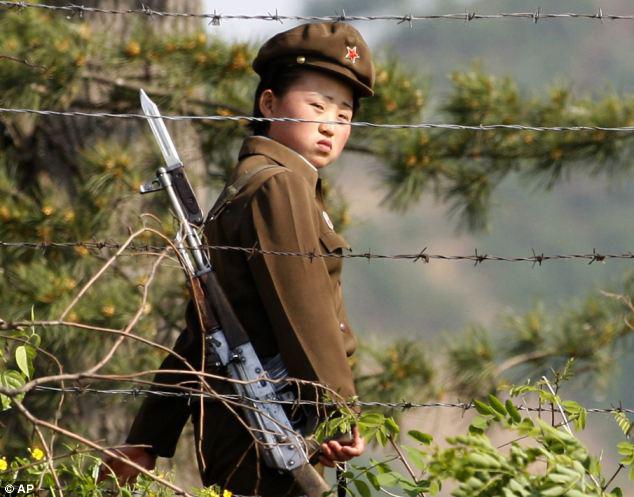
Šina tēvs un māte dzīvoja tai pašā darba nometnē, tikai dēls ar vecākiem nedzīvoja kopā. Tikai reiz pa reizei satiekoties ar savu māti un tēvu. Darba nometnē bija uzceltas nelielas mājiņas, kur glabāt labību, dzīvot koncentrācijas nometnes iemītniekiem. Apkārt nometnei tika uzcelts augsts elektriskais žogs. Ja tevi pieķer bēgot no nometnes, tu tiec nošauts bez žēlastības. Par vēršanos pret Ziemeļkorejas režīmu (ar vārdiem) draudēja spīdzināšana.
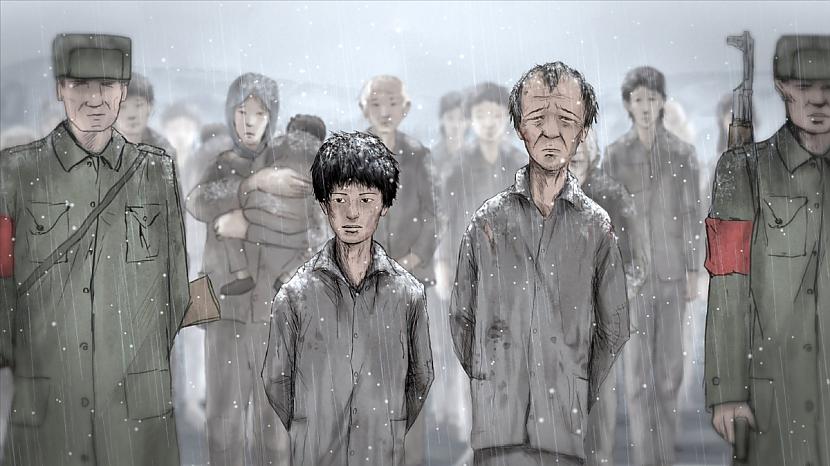
Kad Šinam bija 13. gadu, viņš no mātes padzirdēja, ka tā taisīties izbēgt no darba nometnes kopā ar brāli. Tā kā dēlam nebija jūtas pret māti, viņš to nosūdzēja apsargiem, cerēdams, ka viņu uzslavēs par bēdzēju plāniem. Bet nekā, Šins par "stukačošanu" saņēma sodu - spīdzināšanu, kur viņu sita, lai uzzinātu vairāk par mātes mēģinājumu izbēgt no nometnes. Šinu ievietoja mazā nometnes cietuma kambarī, kur viņu piesēja ar dzelzs ķēdi pie sienas un sita līdz asinīm. Pēc 7 mēnešu mācīšanās viņu izlaida ārā (Viņu aizsūtīja atpakaļ pie darba labošanas nometnes, kur viņš satika savu tēvu. ) Vēlāk Tēvu un dēlu piespieda noskatīties publisku nāves sodu mātei, kura centās izbēgt no koncentrācijas nometnes nr. 14.
Tikai tad Šins sapratis, ko ir izdarījis, nosūdzot savu māti.
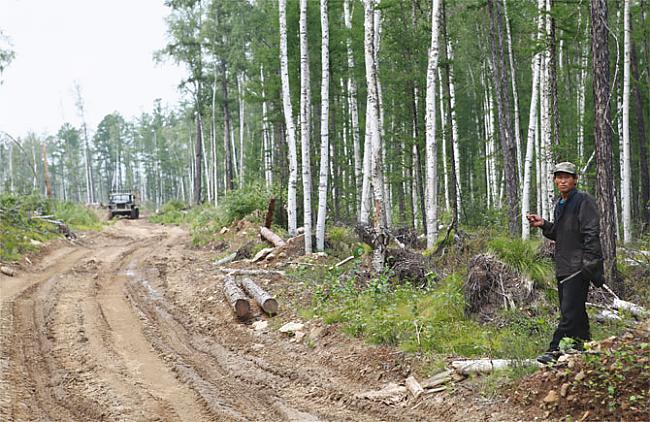
Šinu ielika strādāt tekstila fabrikā, kur viņš iepazinās ar vienu nometnes ieslodzīto, kuru sauc Perks.
Šina draugs bija izglītots, kas Šinam pastāstīja par dzīvi ārpus nometnes, cik gards ēdiens ir ārpus Ziemeļkorejas. (Perks ir bijis ārpus Ziemeļkorejas, tāpēc viņam bija ko pastāstīt par dzīvi arpus valsts robežām. )
Šinu aizkustināja stāsts par ceptām vistiņām, ko viņš nekad nav īsti mēģinājis. Perka stāsti iedvesmoja Šinu un viņš pirmo reizi aizdomajās par brīvību ārpus darba nometnes. Šeit arī dzima doma par izbeigšanu.
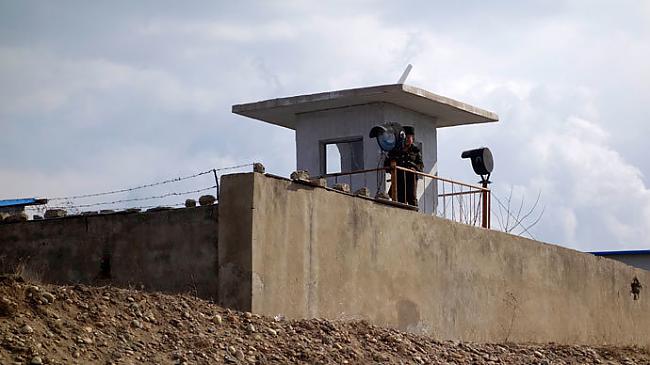
Šins redzēja kā apsargi izvaro sievietes un ja tās paliek stāvoklī, tām izraisa tīšu abortu, proti, liekot sievietēm smagi strādāt vai nest kalnā ļoti smagus akmens krāvumus ar ķerru. Tas izraisīja abortu un dažreiz pat sievietes nāvi.
Darba nometnes ēdiens bija ļoti trūcīgs. (nedaudz risi, ko bieži vien zaga; insekti un tarakāni, žurkas) vasarā ogas un sēnes.
Nometnē bija arī skola, kurā Šins mācījās. Skolā mācīja cieņu pret valsti un disciplīnu. Pēc skolas bija jāstrādā savā brīvajā laikā.
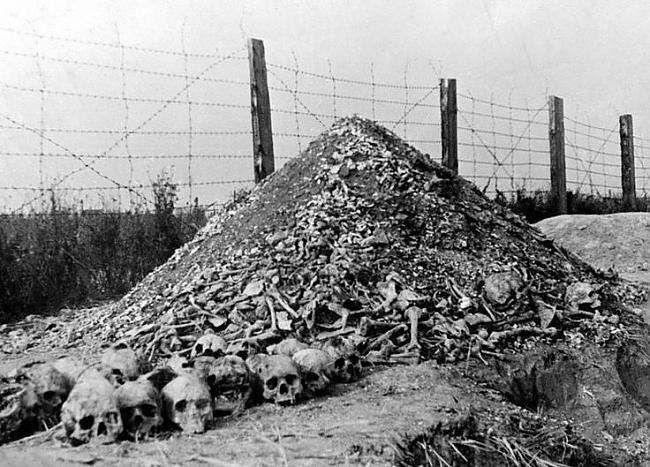
Šins vienreiz strādājot tekstila fabrikā, salauza netīšām šujmašīnu par kuru viņam nogrieza vienu pirkstu. Pēc šī gadījuma viņam radās doma izbēgt no darba nometnes kopā ar savu draugu Perku. Viņi izstrādāja plānu, ka viņi izbēgs laikā, kad abus nosūtīs strādāt uz lauka pie elektriskā žoga, kur apsargi maz parādās.
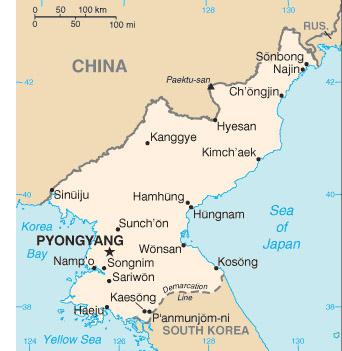
Ir 2005. gada 2. janvāris. Perku un Šinu nozīmē strādāt uz lauka pie elektriskā žoga, kur apsargi maz parādās. Perks Šinam liek paņemt daudz drēbes, par ko viņš bija neizpratnē. (Tas pieder pie bēgšanas plāna)
Kad abi strādāja uz lauka, viņi gaidīja kad apsargi noversīs acu skatienus uz viņiem. Tikko apsargi aizgāja, abi ķerās pie izbegšanas plāna. Perks lika līdzpaņemtās drēbes uzmest uz elektriskā žoga un rāpties otrpus pāri lielajam žogam. Perks pirmais kāpa pāri, līdz viņu nosita elektriskā strāva. Šins bija šokā. Viņam vairs nebija ko zaudēt. Ja apsargi pieķērs viņu un Perku pie elektriskā nožogojuma, tad Šinam draud nāves sods, tāpēc viņš rīkojās. Proti, viņš Perka līķi pārmeta pār žogu un izmantojot drauga ķermeni, pārkāpa pāri elektriskajam žogam. Šins dabūja tikai nelielus ievainojumus no kura tecēja asinis, kas pilēja baltajā sniegā, jo bija ziema. Šins noslēpa asins pēdas dziļajā sniegā, lai apsargi neatrastu, kur viņš ir izbēdzis.
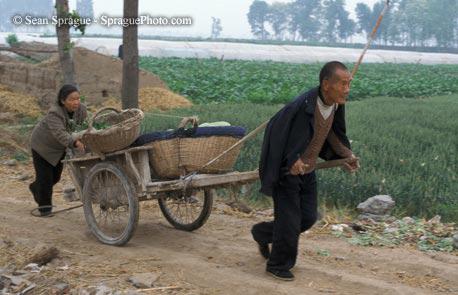
Šins nokļūstot ārpus darba nometnes, bija ļoti izbrīnīts par dzīvi ārpus nometnes. Cilvēki uz ielām staigāja ar rīsiem, gaļas vezumiem. Lai Šinu neatpazītu, viņš no kādas mājas nozaga Ziemeļkorejas armijas formas tērpu, kas bija katram otrajam vīrietim Ziemeļkorejā (Ziemeļkorejas armija ir vislielākā pasaulē. Vairāk nekā 1 miljons karavīru. )
Nu Šinam bija vieglāks ceļš uz Ķīnu, jo viņš bija maskējies formas terpā. Tā kā Šins gribēja ēst, viņš no kādas mājas nospēra daudz rīsu, kurus vēlāk pārdevis kādai sievietei uz ielas. Rīsu pārdošana bija netīša, jo sieviete pati uzprasijās, vai jauneklis nepārdod rīsus. Šins bija izbrīnīts par tādu naudu ar kuru viņš varēja nopirkt sev vēlamās lietas.
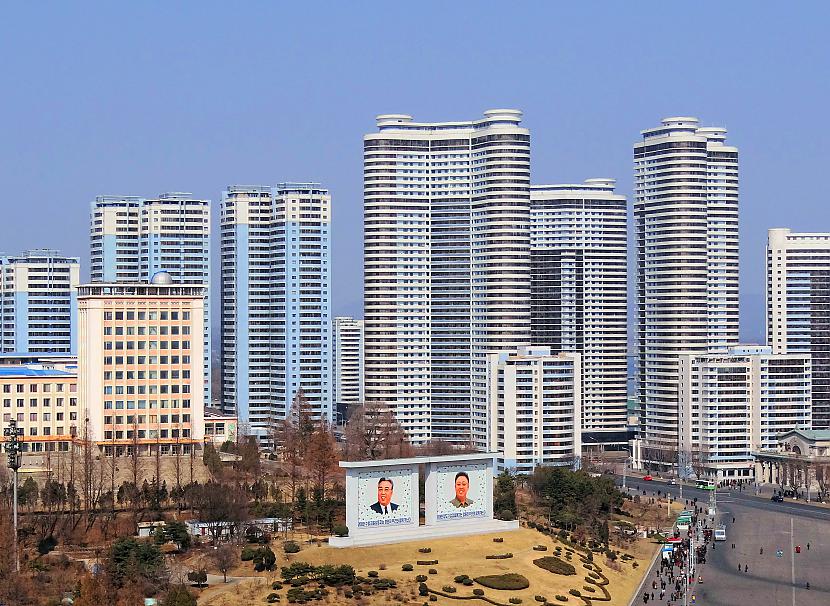
Kad Šins bija nokļuvis pie robežpilsētas, viņš vietējiem uzprasīja kā nokļūt otrā robežas galā jeb Ķīnā. Vietējie izstāstīja kā tikt pāri robežpunktam.
1. Pieejot pie robežsargiem, jāsaka, ka apciemo radus Ķīnas pierobežā;
2. Iedod apsargiem cigaretes un ēdamo
------
Šins sekojot vietējo instrukcijām, nopirka pa naudu cigaretes un cepumus, kurus vēlāk izmantoja, lai tiktu pāri robežai. Un tas Šinam arī izdevās. Viņš iedeva ēdienu un cigaretes un tika palaists pāri robežai, uzpērkot robežsargus (bieži vien apsargi bija badā vai slikti edināti)
Nu Šins arī pierunāja apsargus, ka atpakaļ atnākšot vakarā. Tā nu viņš devās Ķīnas virzienā, tālāk no Ziemeļkorejas robežas. Ieejot Ķīnā, Šins metās bēgt cik vien tālu spēj. Kad Šins bija pietiekoši tālu no Ziemeļkorejas robežas, viņš nolēma vietējiem ķīniešiem lūgt naktsmājas, kas viņam arī izdevās. Viņu uzņēma vietējais ķīniešu fermeris, kas Šinam piedāvāja darbu lauku darbos, par to piedāvājot patstāvīgu dzīvesvietu. Šins strādāja pie saimnieka tik ilgi, līdz nesākas ķīniešu/Ziemeļkorejiešu kopējie meklēšanas darbi pie izbegušajiem korejiešiem, kas patvērušies pie pierobežas ķīniešu fermeriem. (Ķīnā arī valda komunisms un totalitārisms, tikai maigāks nekā Ziemeļkorejā. )
....
Saimnieka māja arī tika izmeklēta, bet Šinu neatrada (viņu saimnieks labi noslēpa)
Tā kā saimnieks nevēlējās apdraudēt savu dzīvību, viņš izlika Šinu no mājas arā, iedodot viņam naudu ceļam un pārtikai, jo Šina plānos bija tikt Dienvidkorejā no Ķīnas puses.
Tā nu Šins ar autobusu devās uz Šanhaju, kur kāda restorānā viņš satika žurnālistu, kas viņam nopirka biļeti uz Dienvidkoreju. Vēlāk Šins uzrakstīja grāmatu "Escape from camp nr. 14"
Šobrīd Šins visā pasaulē sludina brīvību pār Ziemeļkorejas nikno režīmu un piedzīvotajām šausmām darba labošanas nometnē. (Nometne nr. 14 vēljoprojām darbojas pilnā jaudā Ziemeļkorejas totalitārajā valstī, kuru vada diktators Kims Čenuns)
Tev patiks šie raksti









